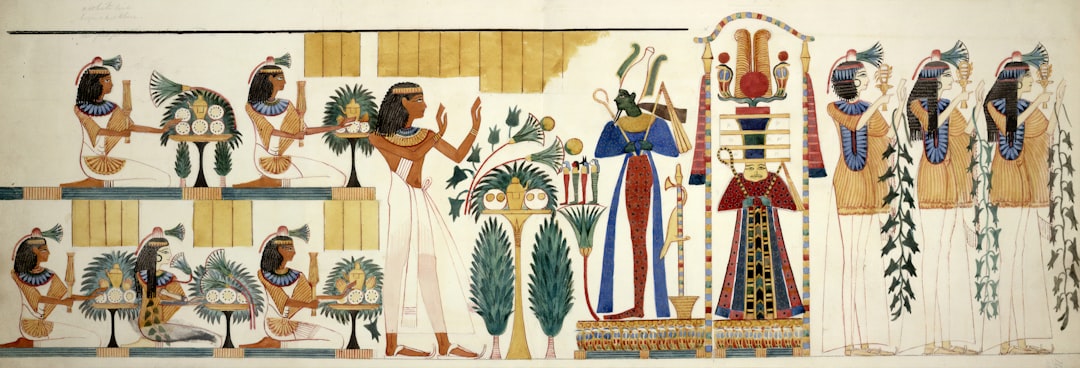Primary Insights: History
Well hello there and welcome to update #036!

"Why? How? When?"
You only have to be a parent or work with children to know they love to question things. At Primary level, the subject of History is all about harnessing that curiosity and getting them to question the past. And it's never to early to start.
In Primary Huh, we spoke with Bobbie Young and found out about how she and colleagues at the Harris Federation in South London, put children and their lived experiences centrally within the curriculum, without contrived links.
"We’re saying, ‘You belong here, this is your history.’ We celebrate everybody’s place in history."
In EYFS, pupils begin to make sense of their own life story. We build up the concept of the past and historical significance, starting with what's important to them. That’s how the concept of significance works for children-if it's important to you, it's important, no matter what.
We have a vision of what our Year 6 historians should look like. By the time they reach upper KS2, if they have been with us at Harris from Early Years, we want our pupils to really be able to understand and explain key events in modern history, especially ones that have shaped modern society, particularly in Britain, and the idea of how events in the past have shaped and made the present.
We want them to have a sense of who we are, and why we are the way we are as a nation. When we thought through how to build up to that, we realised we also want our historians to be able to analyse history and use their disciplinary skills. So, we want our Year 6 historians to be able to look at a piece of evidence, for example, and analyse it, asking, ‘Is it reliable? What can I learn from it, if it is unreliable? Is this an interpretation or is it primary evidence?’ For example, for a text about Alfred the Great, we want our pupils to ask, ‘Who is the person who wrote this text? What did they want us to feel? Did they want to hammer home that he was so great and the things that he did were fantastic, and where is the factual evidence behind that? What are the words that are making us question the reliability of this evidence?’
Alongside knowing a lot of facts about history, we wanted them to be able to question history and question different perspectives of history, and begin to build their own understanding of events.
As a federation, we have Early Years consultants who said, ‘Okay, by the time children leave Reception, they are going to be able to talk about their family history.’ They’re going to know that the past and the present are very different. The first unit we teach in Year 1 history is called ‘Am I Making History?’ The first lesson, and the very first slide, is ‘Time moves forward, it doesn’t move back.’ We had to start at the very beginning, to build that understanding of the passage of time. It always moves forward. We can look back and we can learn about the past, but we can never go back into the past.
History isn't just knowing facts: pupils need to question history and perspectives to build their understanding of who we are and why. Year 6 historians should be able to look at evidence and analyse it, asking, ‘Is it reliable? What can I learn from it? Is this an interpretation?’
History curricula should be progressive, linked to the community and ensuring all pupils are represented. It’s important that pupils can question and understand that history wasn’t all great, and also that they can gain a sense of the experience of everyday people in history.
Want to hear more? Watch the full conversation with Bobbie exclusively on Myatt & Co.
(£/free trial)
Until next time
Mary
When you’re ready, you might find these helpful for curriculum and development
Huh Curriculum Leaders Course: Starts 5 June, and it’s the last chance for the live sessions!

